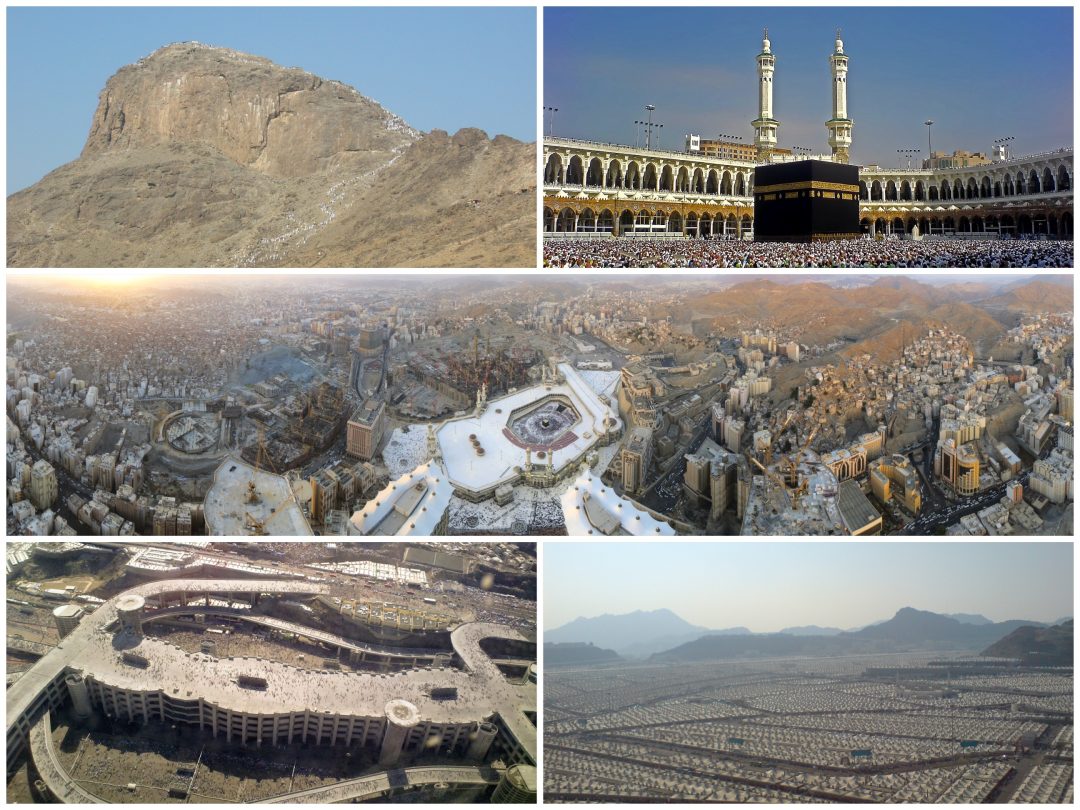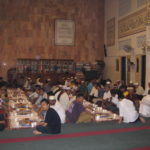Asad is an interesting man, and his autobiographical book Road to Mecca is so fascinating that it really does need to be on the syllabus of university courses on either cultural literacy or autobiography. There are three basic reasons why this book stands above any similar work.
Jew to Islam Conversion
First, the book is about the conversion of Jew to Islam. Now, that may not seem very important or even very interesting, but it is. Asad, born Leopold Weiss, was the descendant of Rabbinical scholars, and his intellectual education was peerless. He was adept at eastern languages and he became a foremost scholar of Qur’anic literature and classical Arabic, as well as Aramaic, Hebrew and the Talmud.
Intellectually grounded, ethically motivated conversion experience
He was horrified by Zionism. He saw the inherent brutality and senselessness of the attempt of immigrants to become the dominant and majority force in a country, displacing its original residents in the process. His ambivalence about his parents’ luke-warm Judaism contributed to his discovery of the malaise of Western materialism. Finally, he saw Islam as the real descendant of the Hebrews.
The philosophical core of the birth of Pakistan
His work with the brightest minds of Islam, his work at the philosophical core of the birth of Pakistan are seminal to Islamic nationalism. His experiences in a concentration camp during the war, when he was, perhaps, the only Muslim in the camps, formed an iron will and a supple intellect.
 This man’s life, and his journey both physical and spiritual, through Muslim lands and history, is a work of great scope and insightful drama. Asad’s story is not only interesting from an autobiographical point of view. It also has a place in the great works of travel writing. He vividly recounts his experiences throughout Arab nations, India and the West. But that’s not the end of his work’s importance. At the core, this work outlines the ethical issues facing Muslims to this day, the political and social forces that it must grapple with and conquer if it is to endure into and through the 21st century.
This man’s life, and his journey both physical and spiritual, through Muslim lands and history, is a work of great scope and insightful drama. Asad’s story is not only interesting from an autobiographical point of view. It also has a place in the great works of travel writing. He vividly recounts his experiences throughout Arab nations, India and the West. But that’s not the end of his work’s importance. At the core, this work outlines the ethical issues facing Muslims to this day, the political and social forces that it must grapple with and conquer if it is to endure into and through the 21st century.
Asad is not with us any longer, and his works parallel the Islamic-political movements of the 20th century. I doubt that many people are even still aware of his impact, or his influence. In Pakistan, in Saudi Arabia, throughout the Muslim world, Asad belongs to the intellectual person’s bookshelf.






